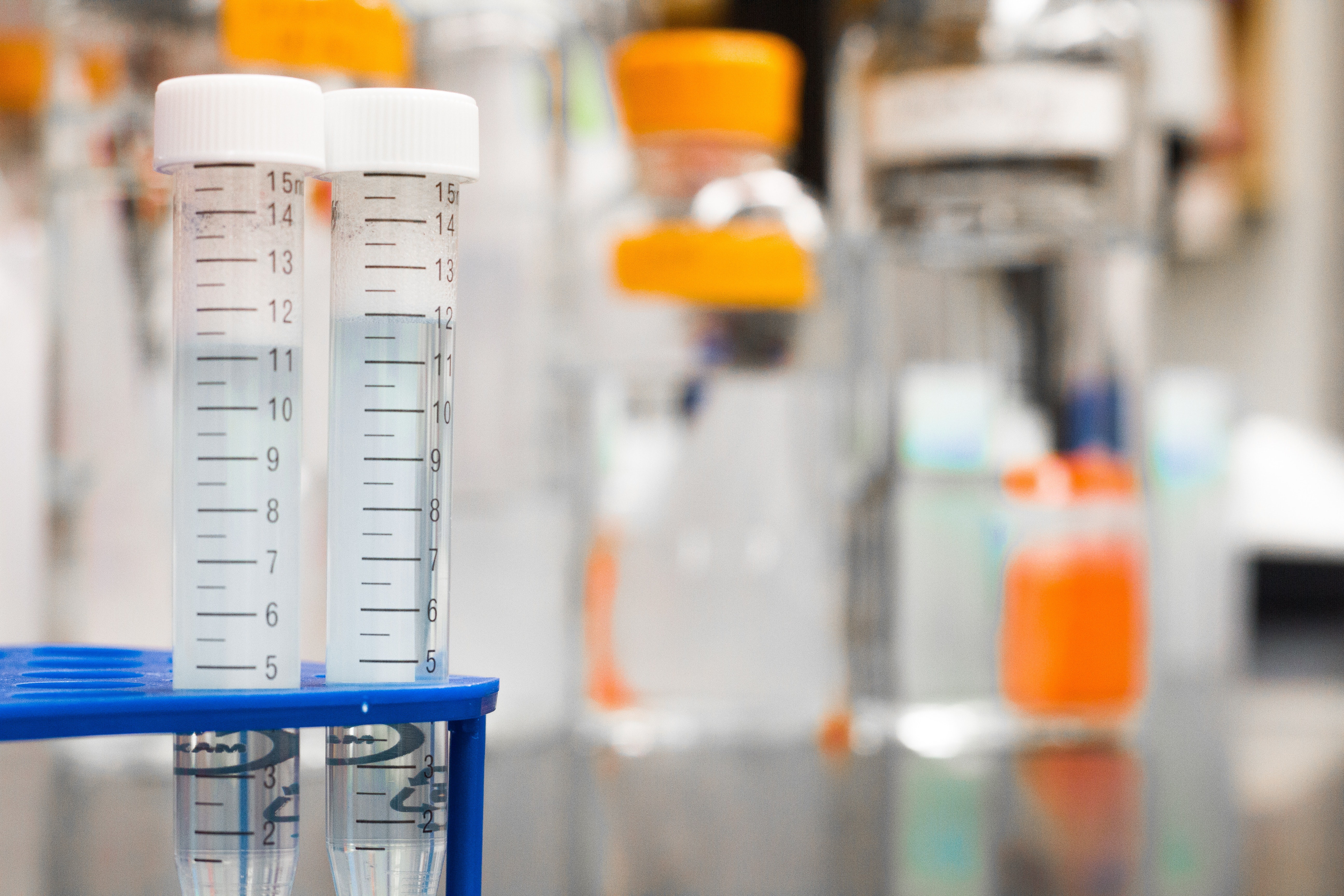 Advancing beyond growing and testing individual cell lines in the lab, UF Health scientists have discovered a novel method of cryopreserving lung tissue at -184°F with the intention of studying the impact of the coronavirus and COVID-19 on the tissue. A key ingredient in this new cryopreserving method is a protein found in Antarctic fish which inhibits the formation of ice crystals. “When we thaw these lung tissue cells, they retain many of the original properties from before they were frozen,” said Matthew Schaller, Ph.D., an assistant professor in the UF College of Medicine’s division of pulmonary, critical care and sleep medicine. “The cells are still alive and metabolically active, so they can eat and secrete and, importantly, be infected by virus.”
Advancing beyond growing and testing individual cell lines in the lab, UF Health scientists have discovered a novel method of cryopreserving lung tissue at -184°F with the intention of studying the impact of the coronavirus and COVID-19 on the tissue. A key ingredient in this new cryopreserving method is a protein found in Antarctic fish which inhibits the formation of ice crystals. “When we thaw these lung tissue cells, they retain many of the original properties from before they were frozen,” said Matthew Schaller, Ph.D., an assistant professor in the UF College of Medicine’s division of pulmonary, critical care and sleep medicine. “The cells are still alive and metabolically active, so they can eat and secrete and, importantly, be infected by virus.”
The research team has gathered lung tissue samples from 33 individual donors, representing a full range of risk factors such as smoking, diabetes, obesity, and tissue from older patients. How the coronavirus affects different people across a wide range of risk factors is critically important and Schaller's research team already has several interesting findings.
Read more
Read the original publication.

